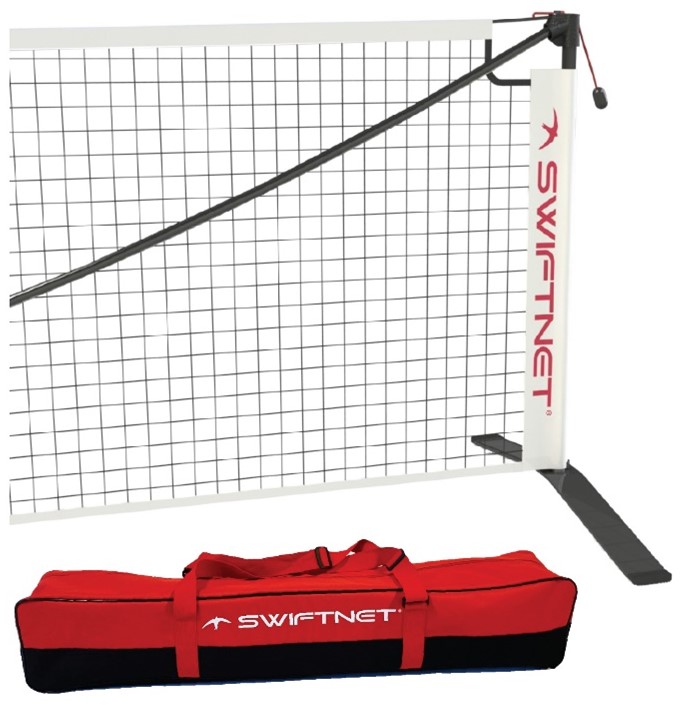EDA Grant Helps Power World’s First Carbon Fiber Remanufacturing Facility

The Composite Recycling Technology Center is located in Port Angeles, Washington.
In 1965, the Economic Development Administration (EDA) was established and the sport of pickleball invented. Created by former U.S. Representative Joel Pritchard (WA-02) at his Bainbridge Island, Washington cabin, pickleball has since been named the state sport of Washington. Recently, it has seen a surge in popularity, becoming the fastest-growing athletic pastime in the United States. Now, these two children of 1965 — EDA and pickleball — are being reunited through a Port Angeles, Washington, nonprofit.
The Composite Recycling Technology Center was established by the Port of Port Angeles in 2015, with support from Clallam County, Washington; the Washington State Clean Energy Fund; and a $500,000 EDA Build to Scale grant. CRTC is a nonprofit design and manufacturing business that intercepts uncured carbon fiber surplus destined for landfills and remakes it into innovative new products.
CRTC is the world's first carbon fiber remanufacturing facility. Since opening its doors, it has carved out an important niche in the regional economic ecosystem of the Pacific Northwest, a major industrial consumer of carbon fiber. Approximately 1,800 tons carbon fiber scrap and surplus are sent to Washington landfills annually.
“It was interesting to think of a not for profit doing something not only good for the environment but also for economic development,” explains David Walter, CRTC’s CEO, on what attracted him to lead the center. “EDA was instrumental in allowing us to work with entrepreneurs who want to come up with something cool.”
Pickleball Paddles and Leg Braces

CRTC has developed several pickleball accessories, such as this net.
One of CRTC’s first products was a pickleball paddle, which it created as a proof of concept for its unique mission. The company has since expanded into manufacturing carbon fiber nets and other accessories to meet the growing demand for pickleball gear. The unique racket game has welcomed nearly two million new players over the last 24 months, driving a burgeoning market for pickleballs, paddles, and nets.
Of course, it’s not just pickleball gear that CRTC is producing. It has scaled 22 products from inception to commercialization and recently developed a modular concept home for homeless veterans. Last year, it debuted an easy-to-clean sports bench for aquatic facilities. It’s also created a carbon fiber spring for use in an orthotic leg brace developed by another local company and has prototyped a carbon fiber marine cable for use in aquaculture to prevent the entanglement of marine life.
Aside from developing and manufacturing novel products, CRTC is also driving sustainable economic development in Port Angeles, a community of 20,000 on Washington’s semi-rural Olympic Peninsula. The center is directly responsible for creating 17 permanent, good-paying jobs. Many more positions are being indirectly supported by the center’s operations.
“There are a lot of entrepreneurs who want to do very interesting things but they may lack adequate capital or engineering prowess,” said Walter. “Through the funding from the EDA, we were able to provide them with access to a world class facility that helps to turn ideas into reality.”
Under the Build to Scale program, EDA manages a portfolio of national grant competitions that increase the capacities of regions to plan and implement ecosystems that support innovators, entrepreneurs, and startups that are growing technology-driven businesses, creating high-skill, high-wage jobs, and building the industries of the future. Learn more about Build to Scale at eda.gov.









